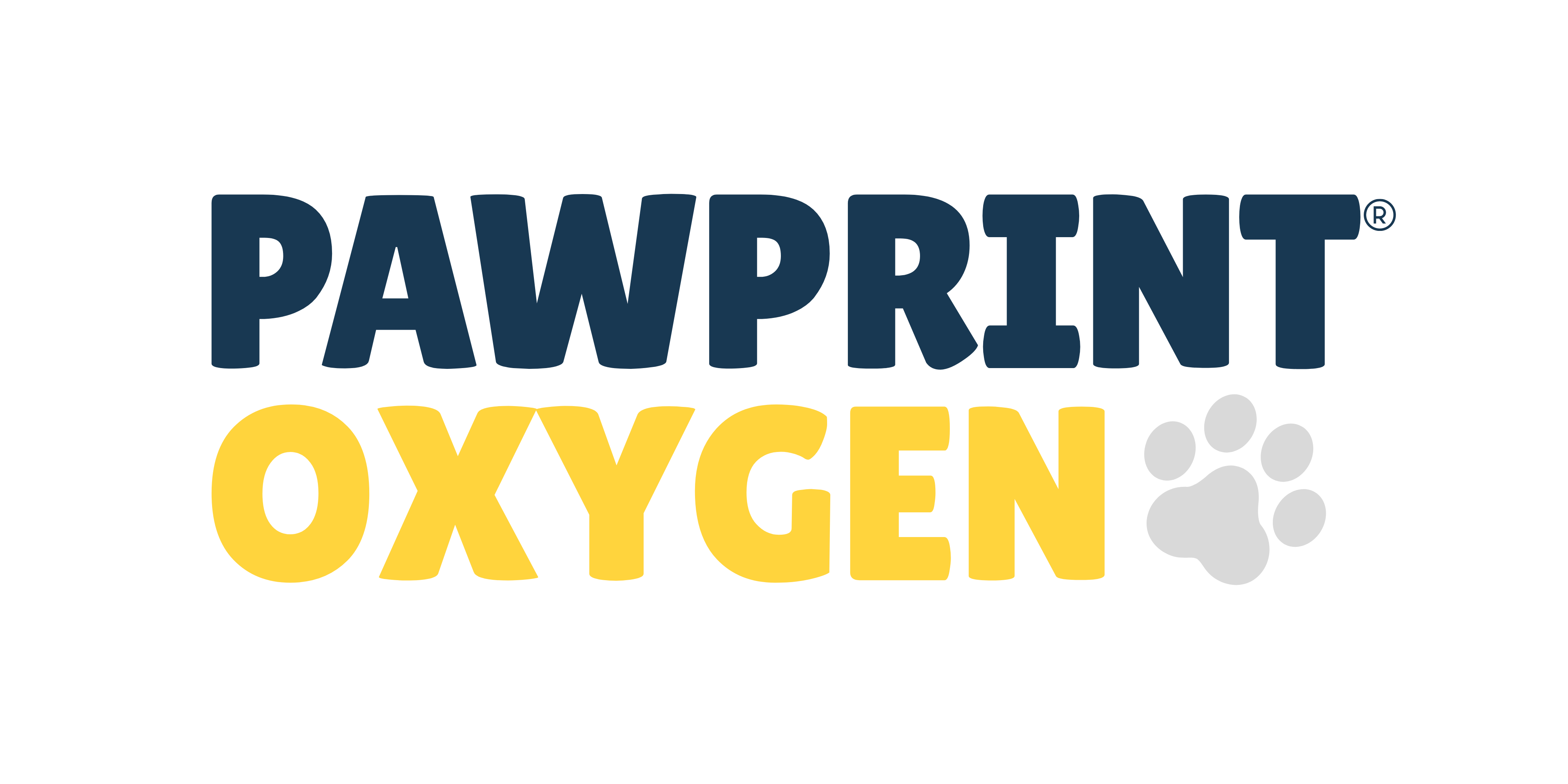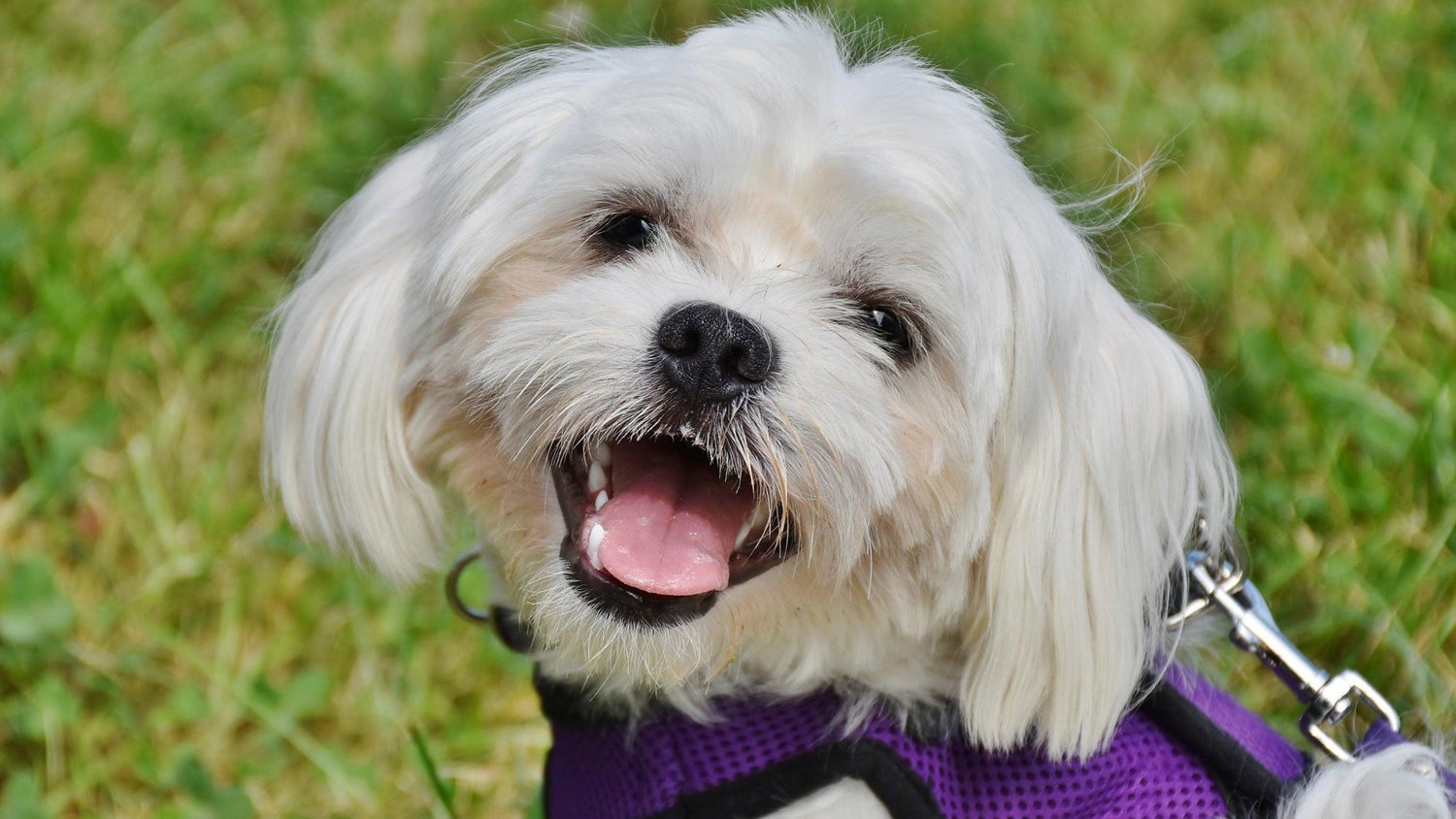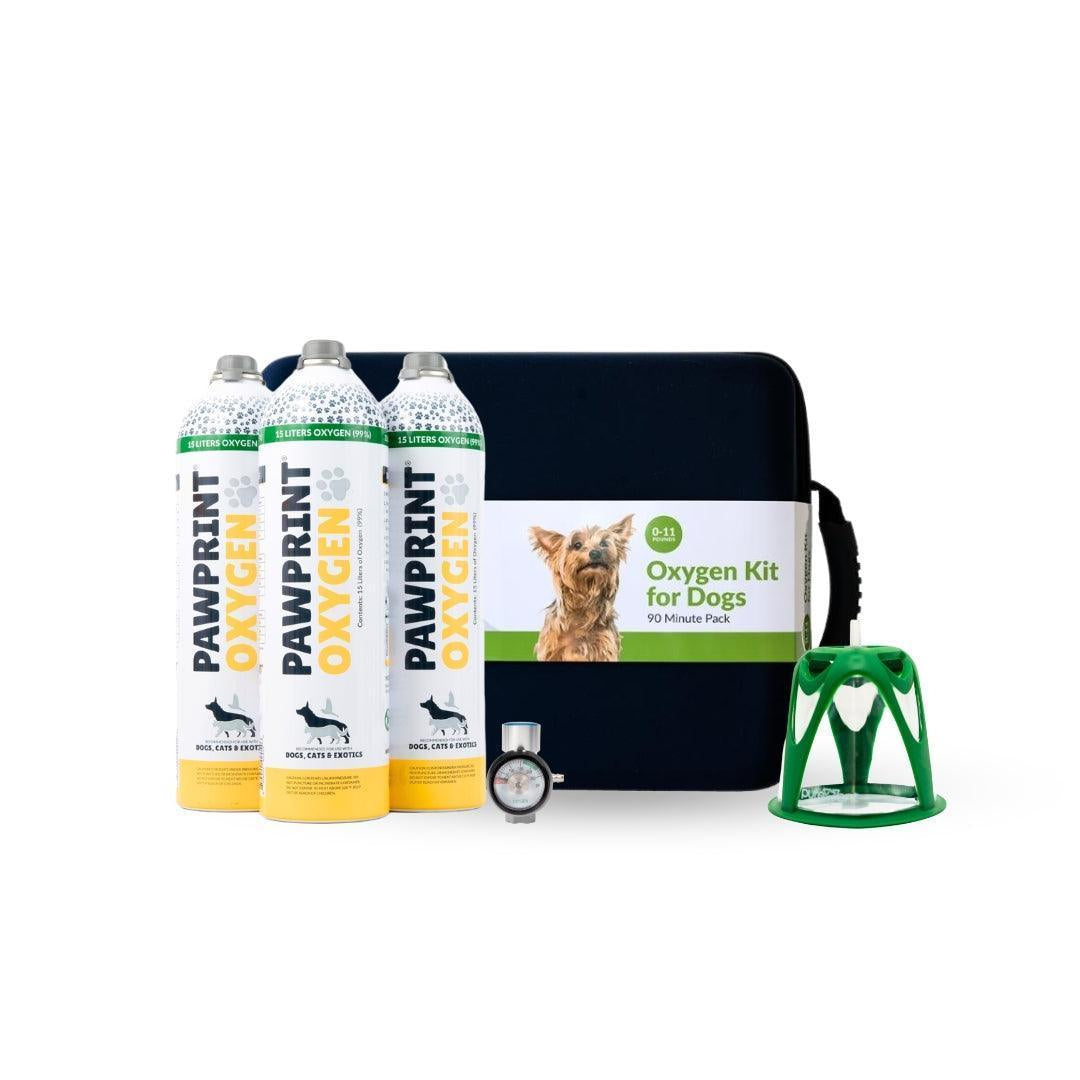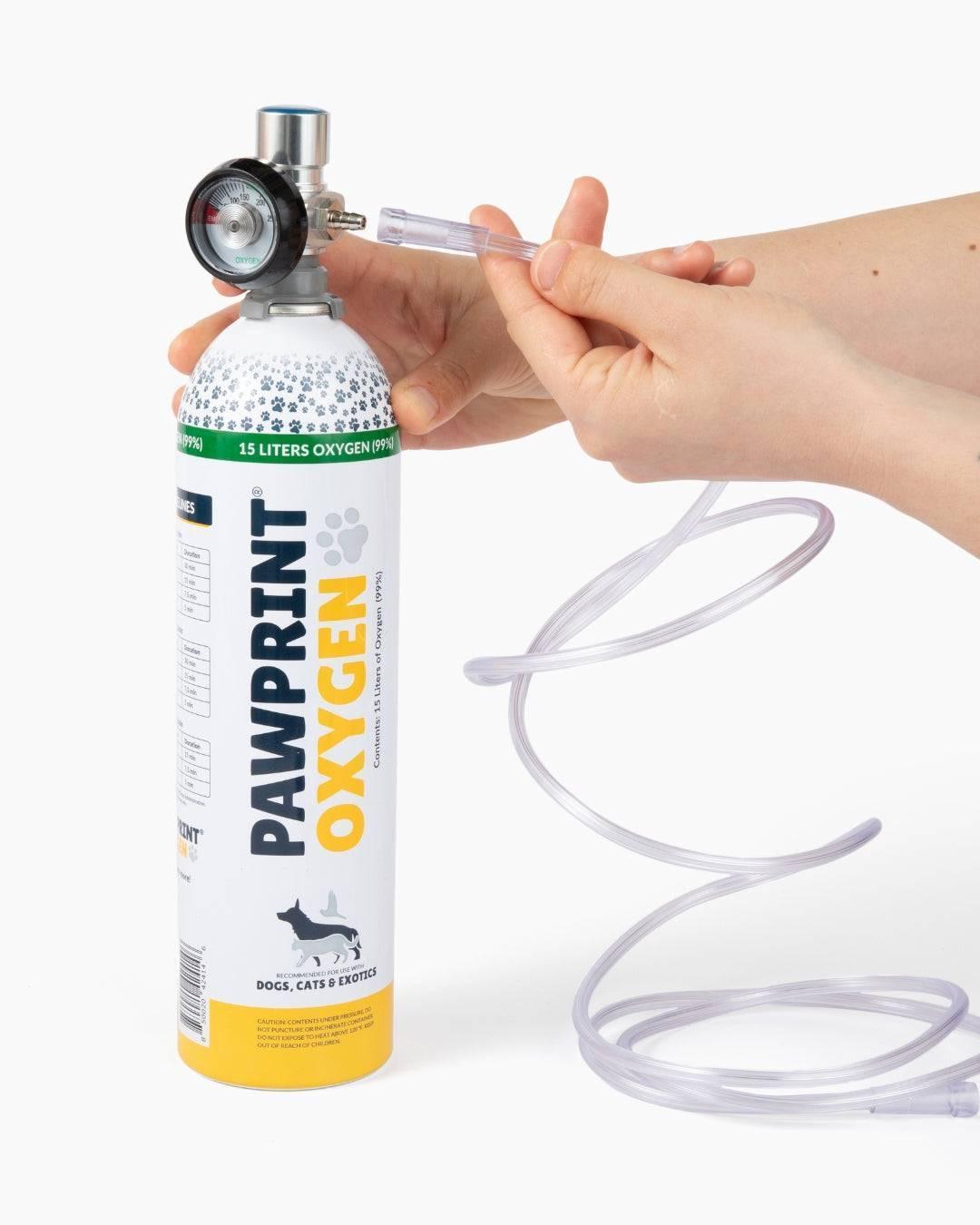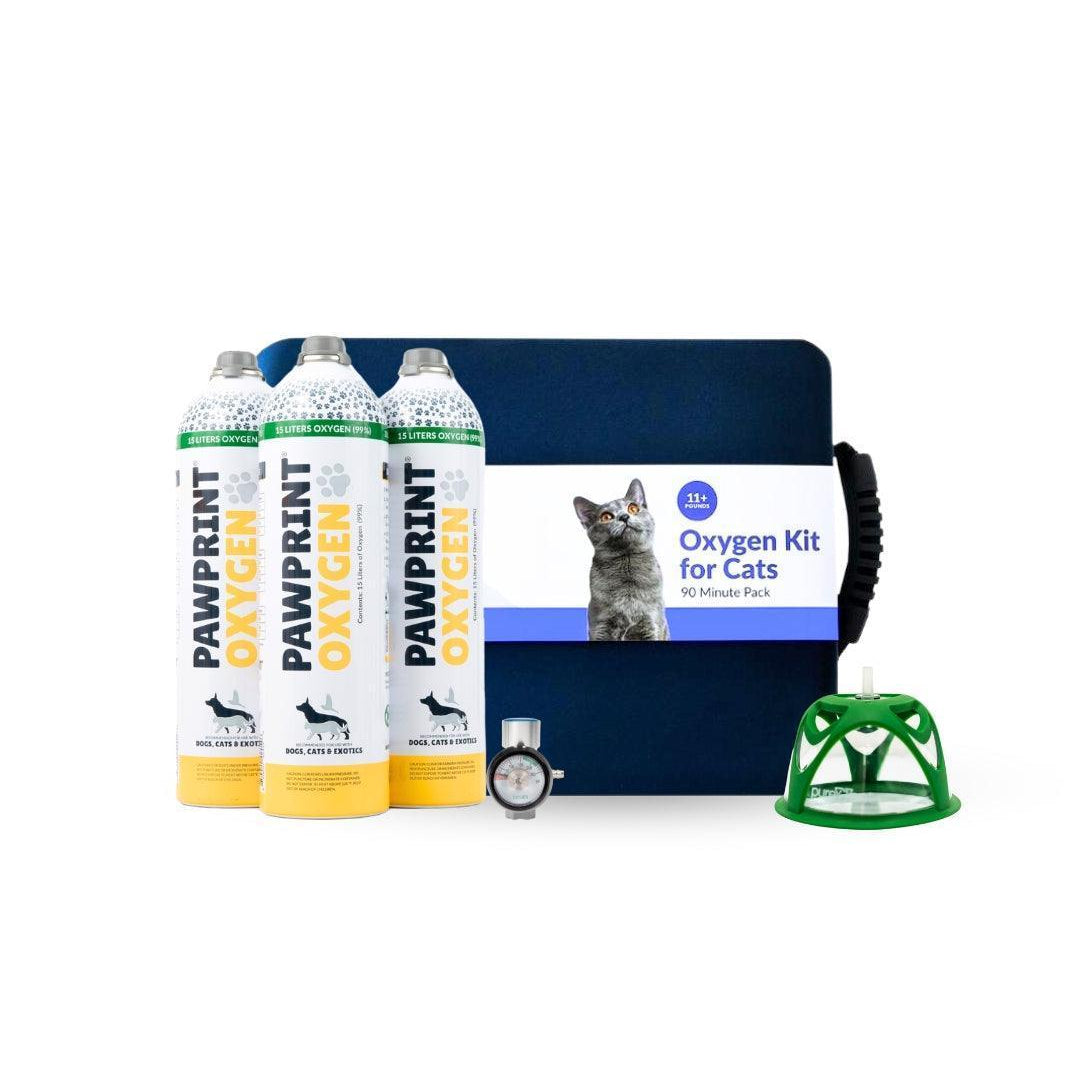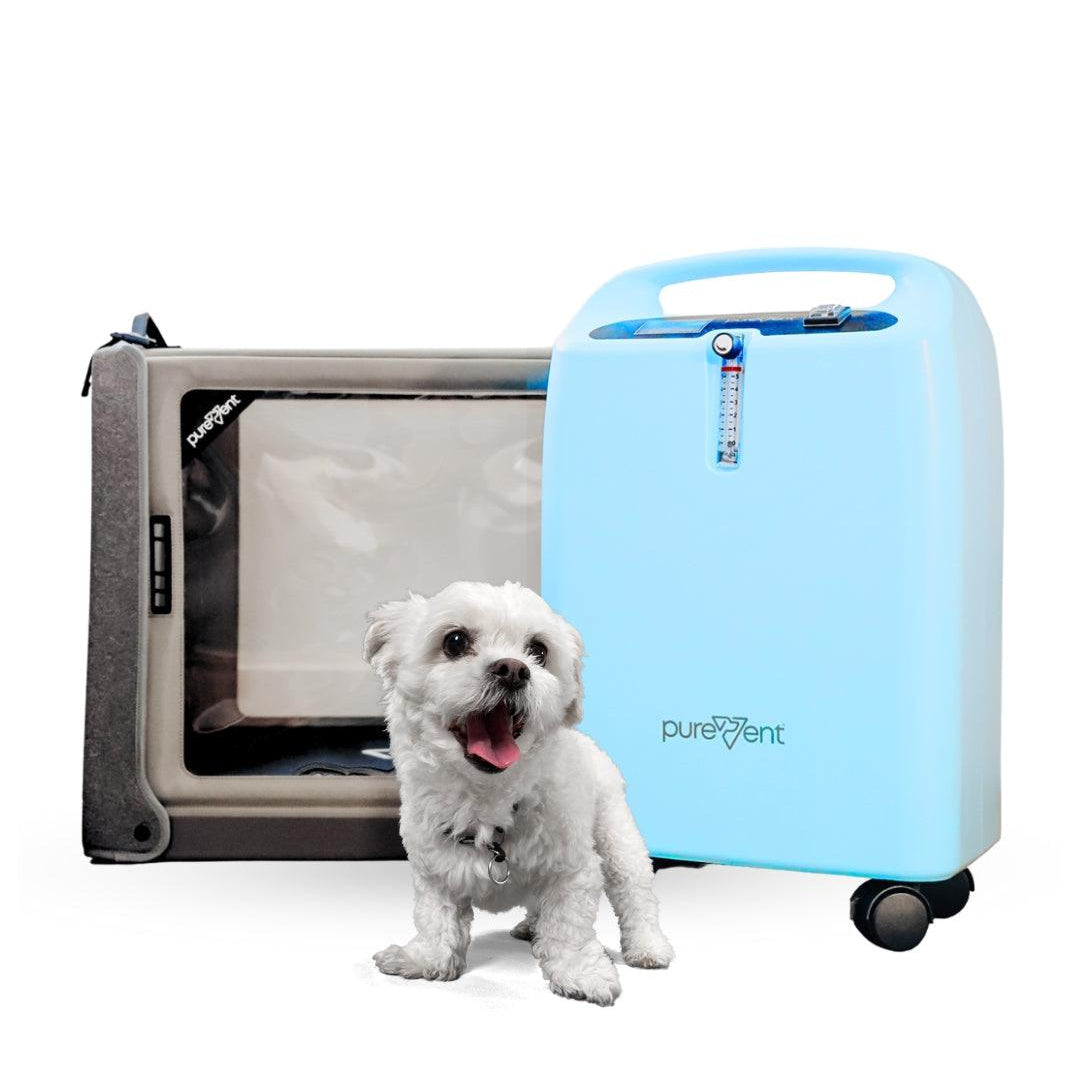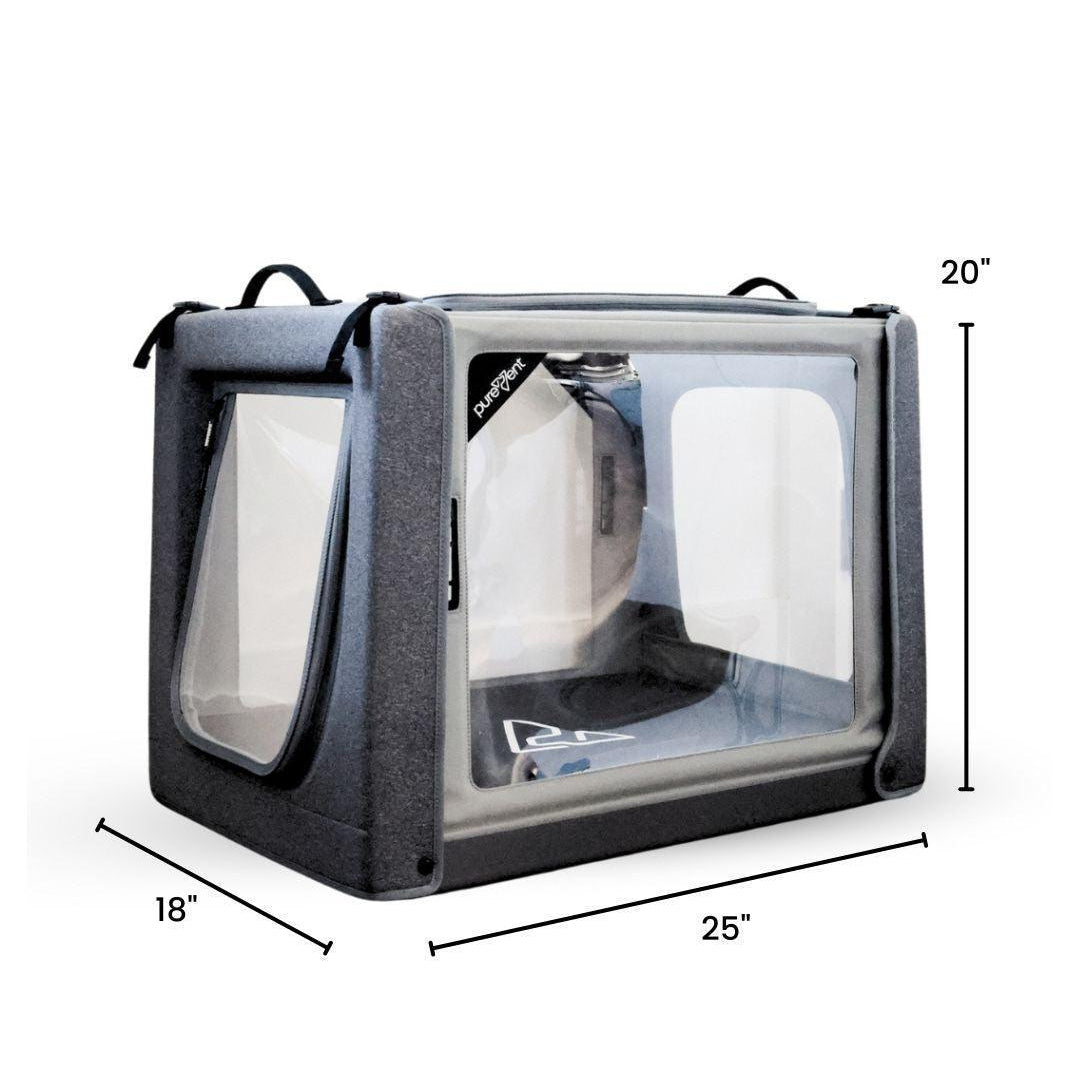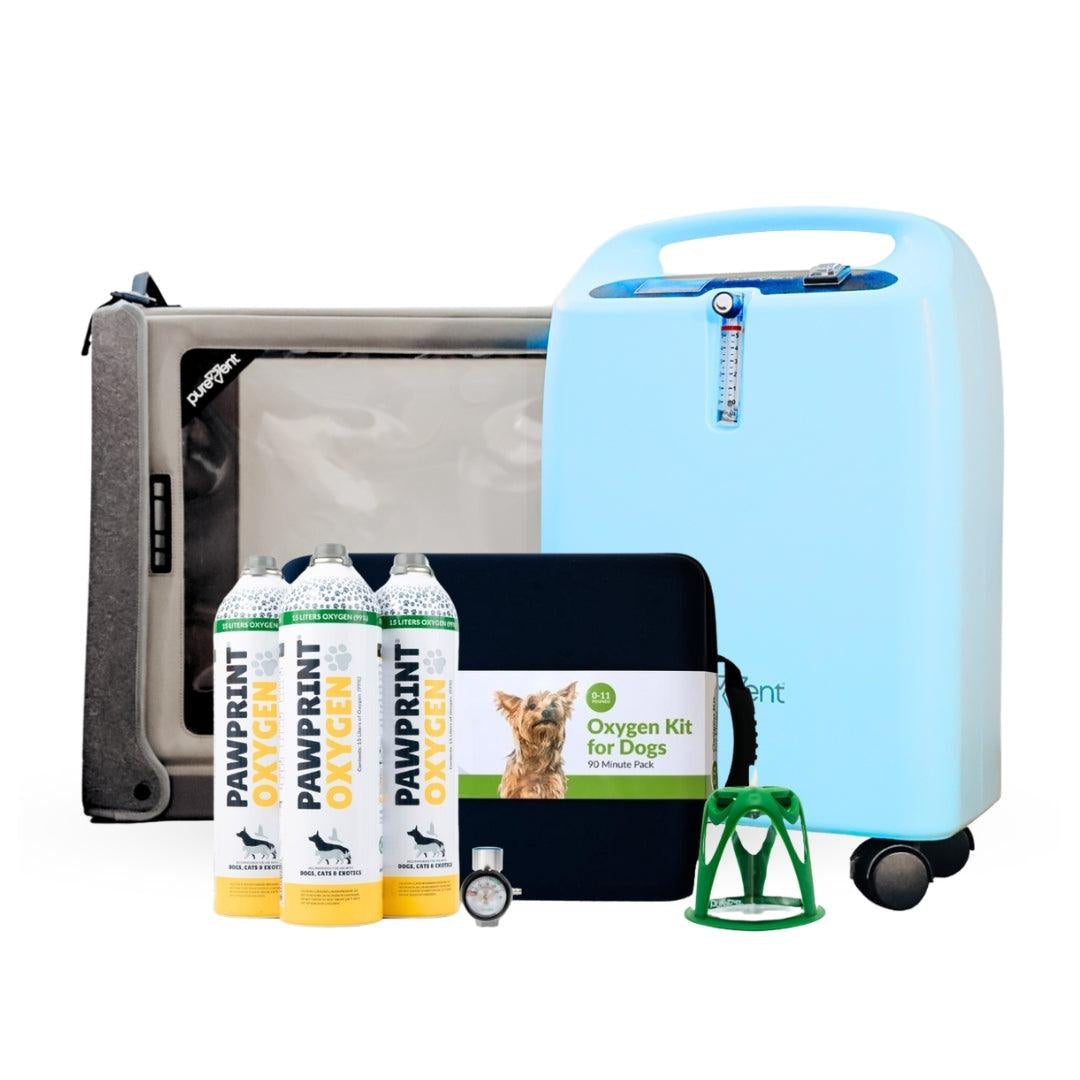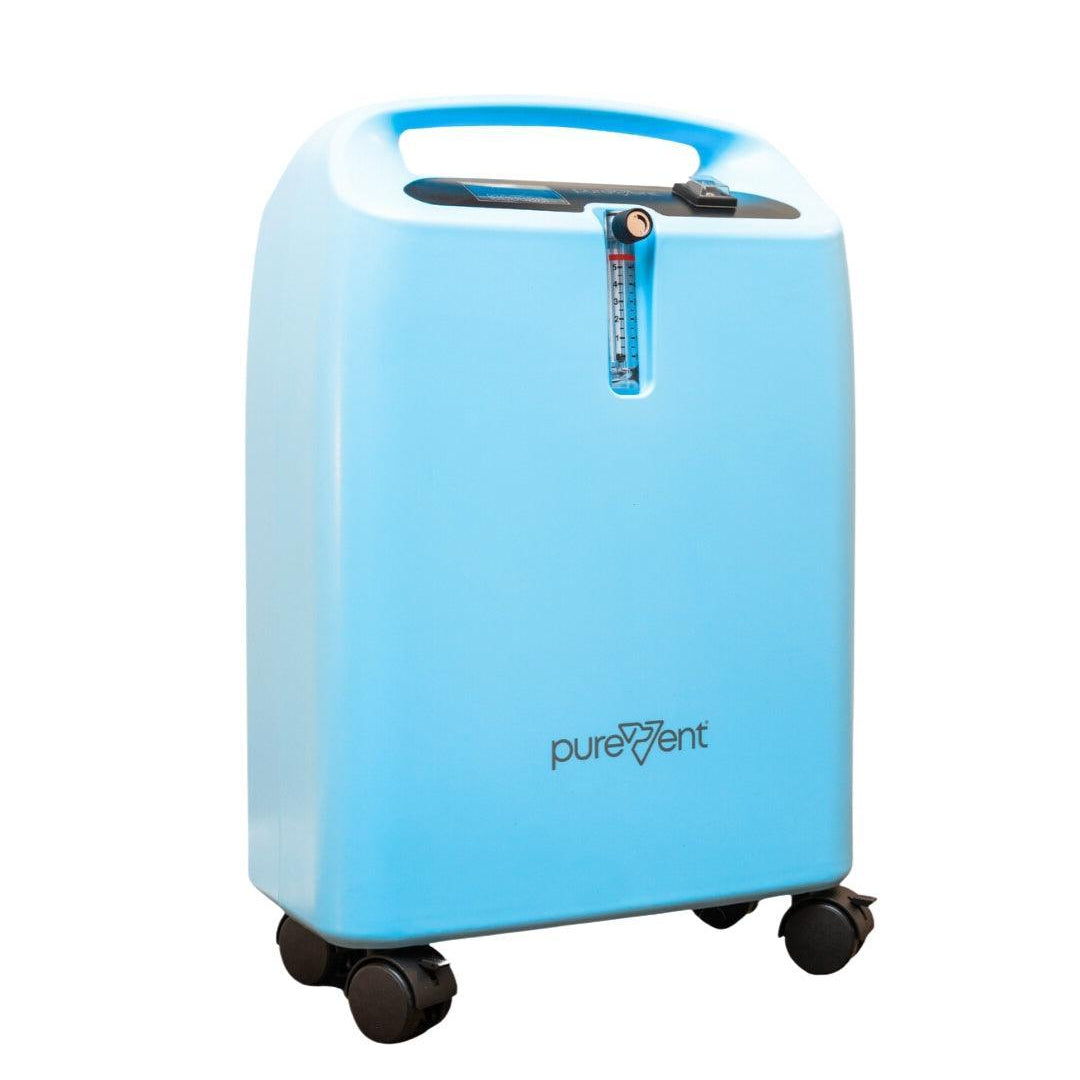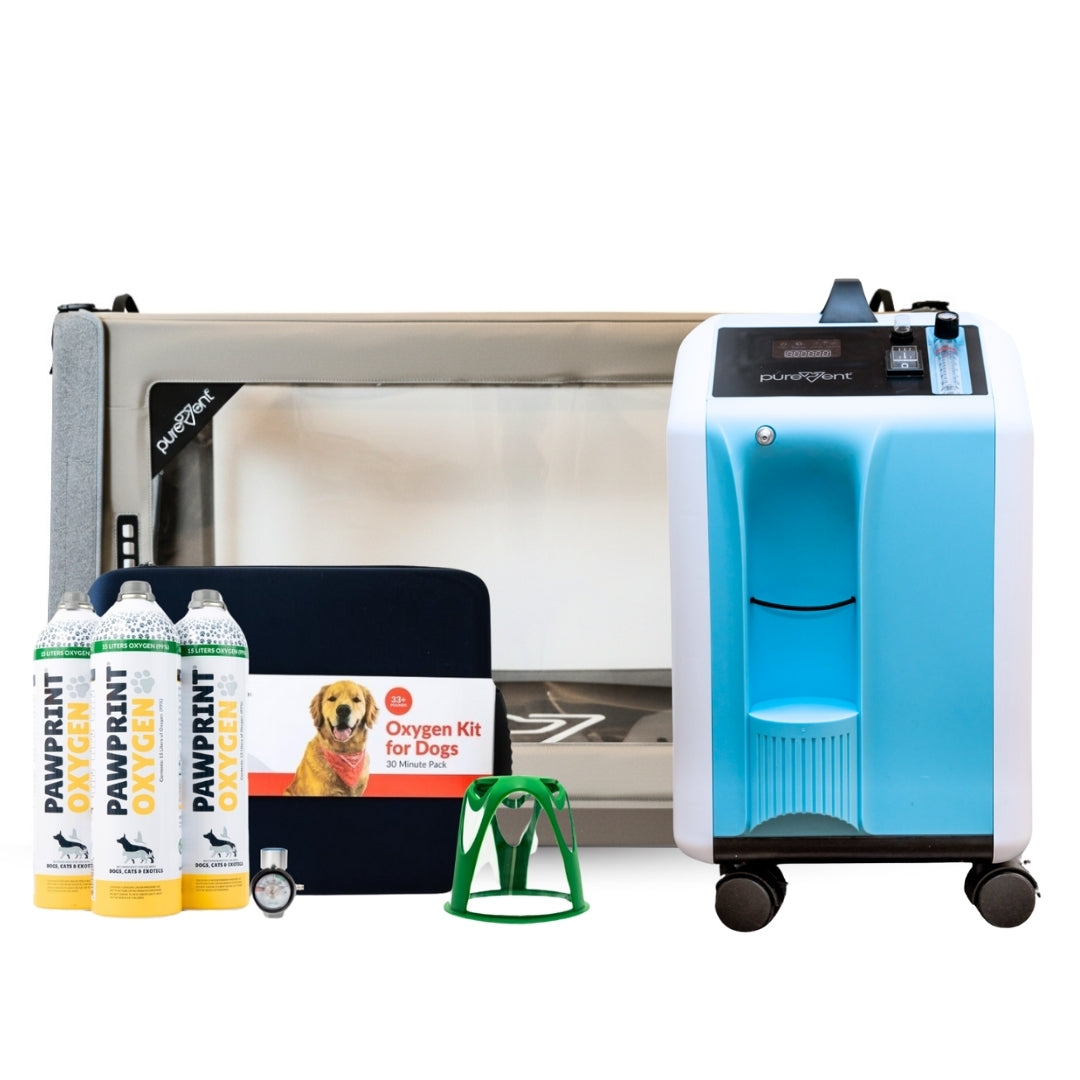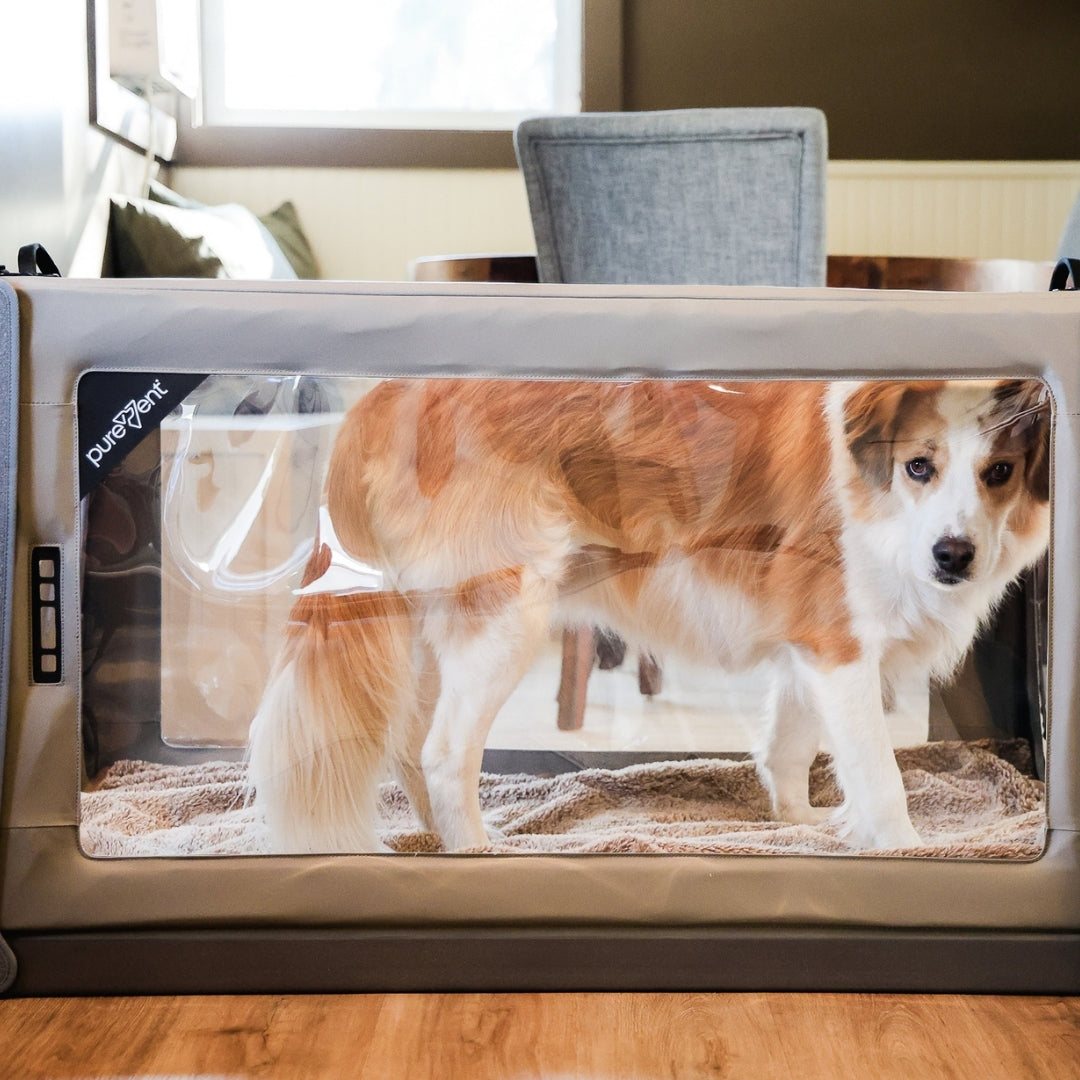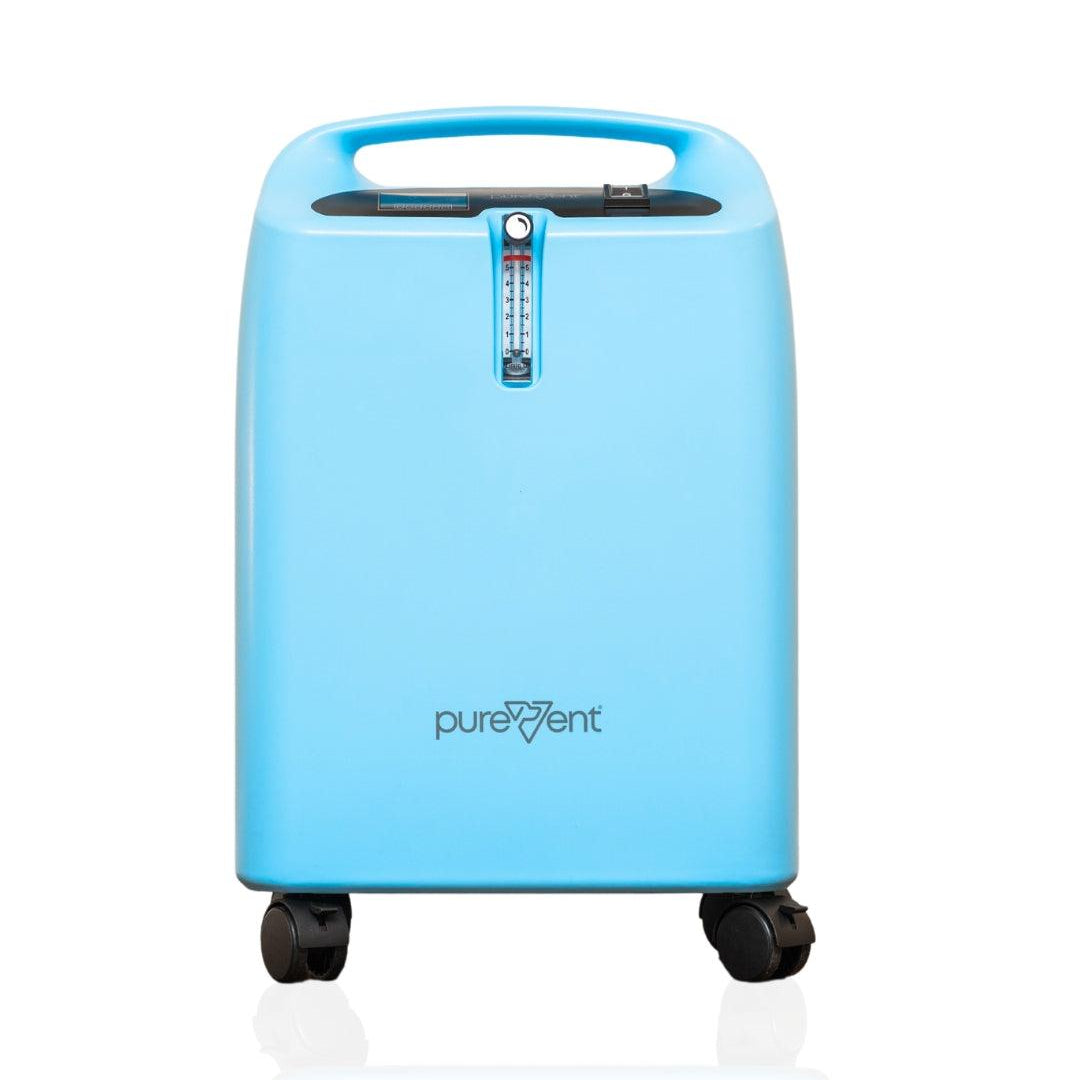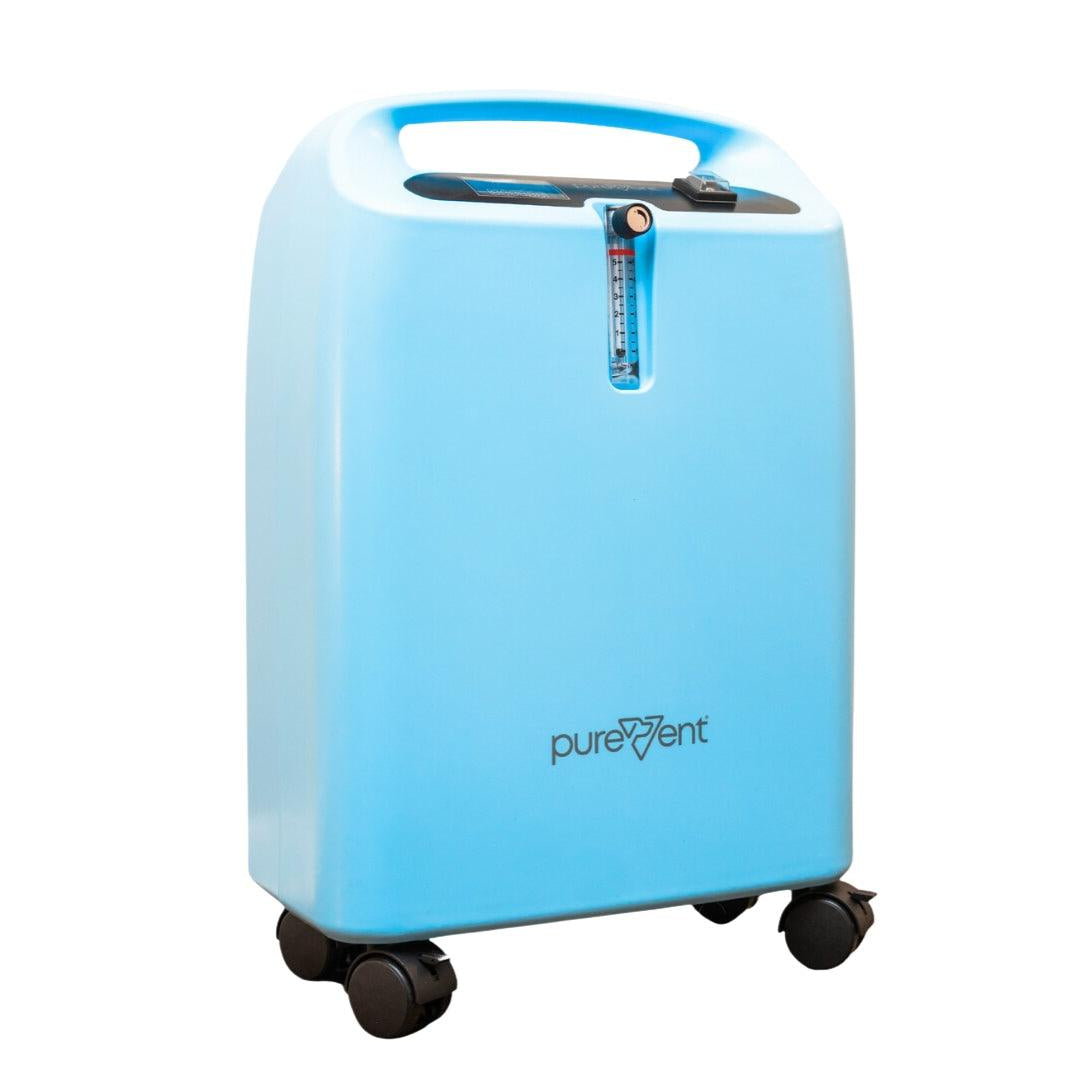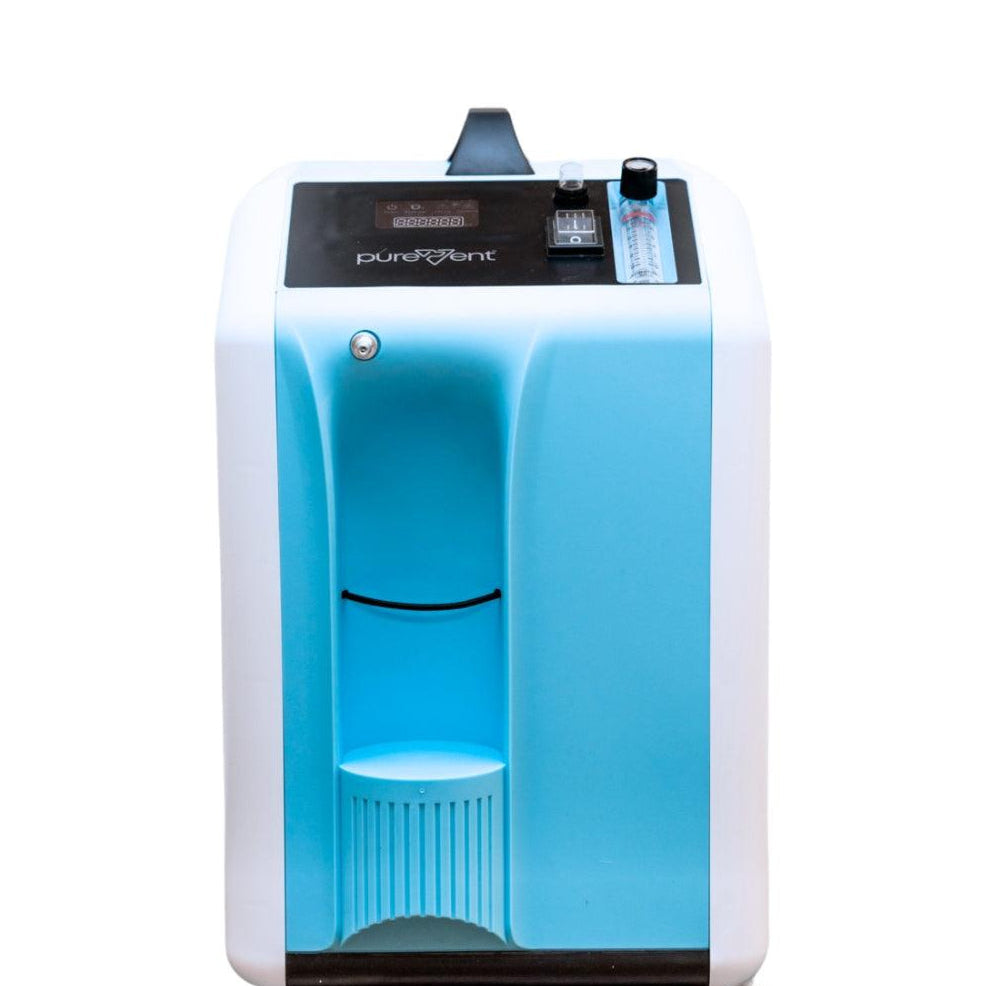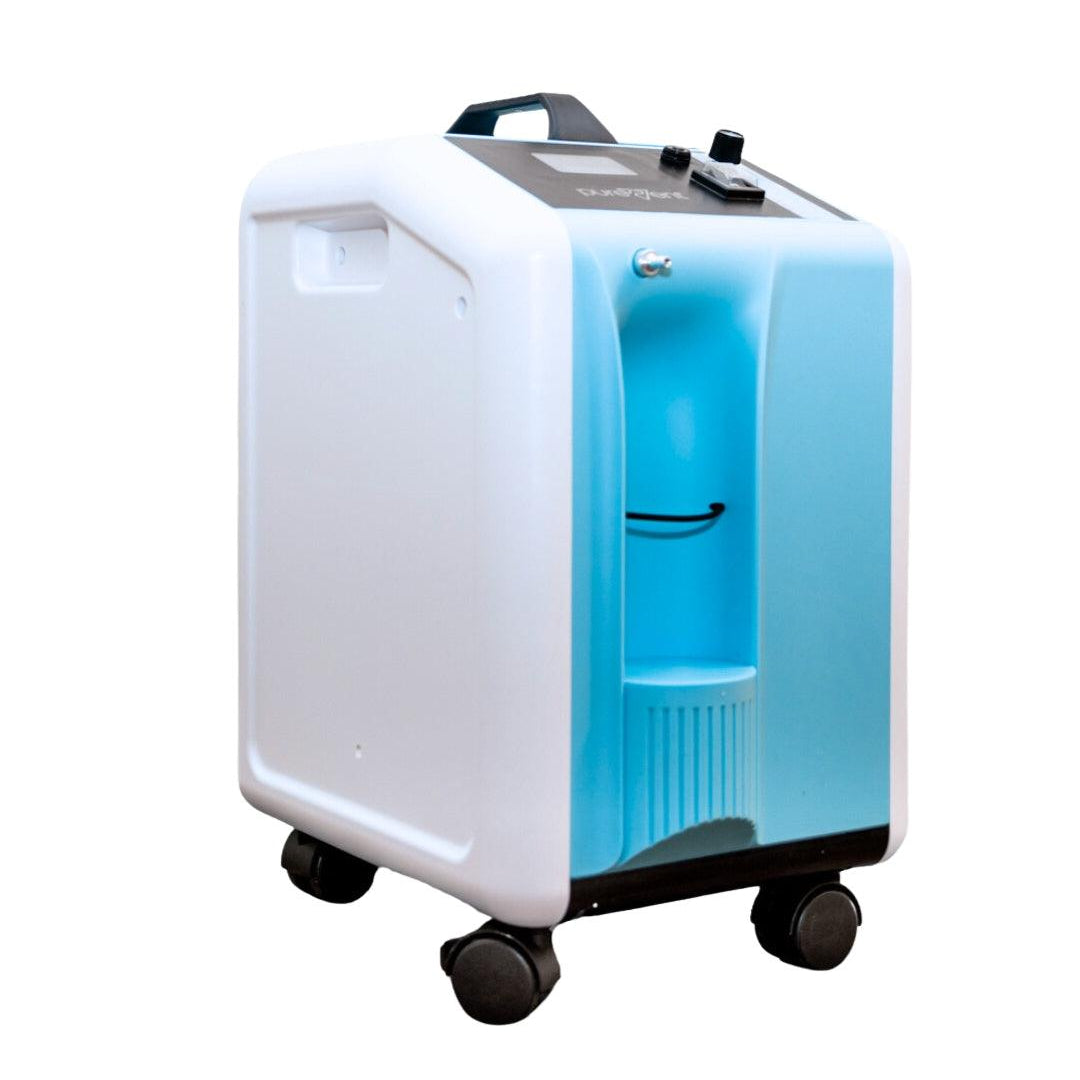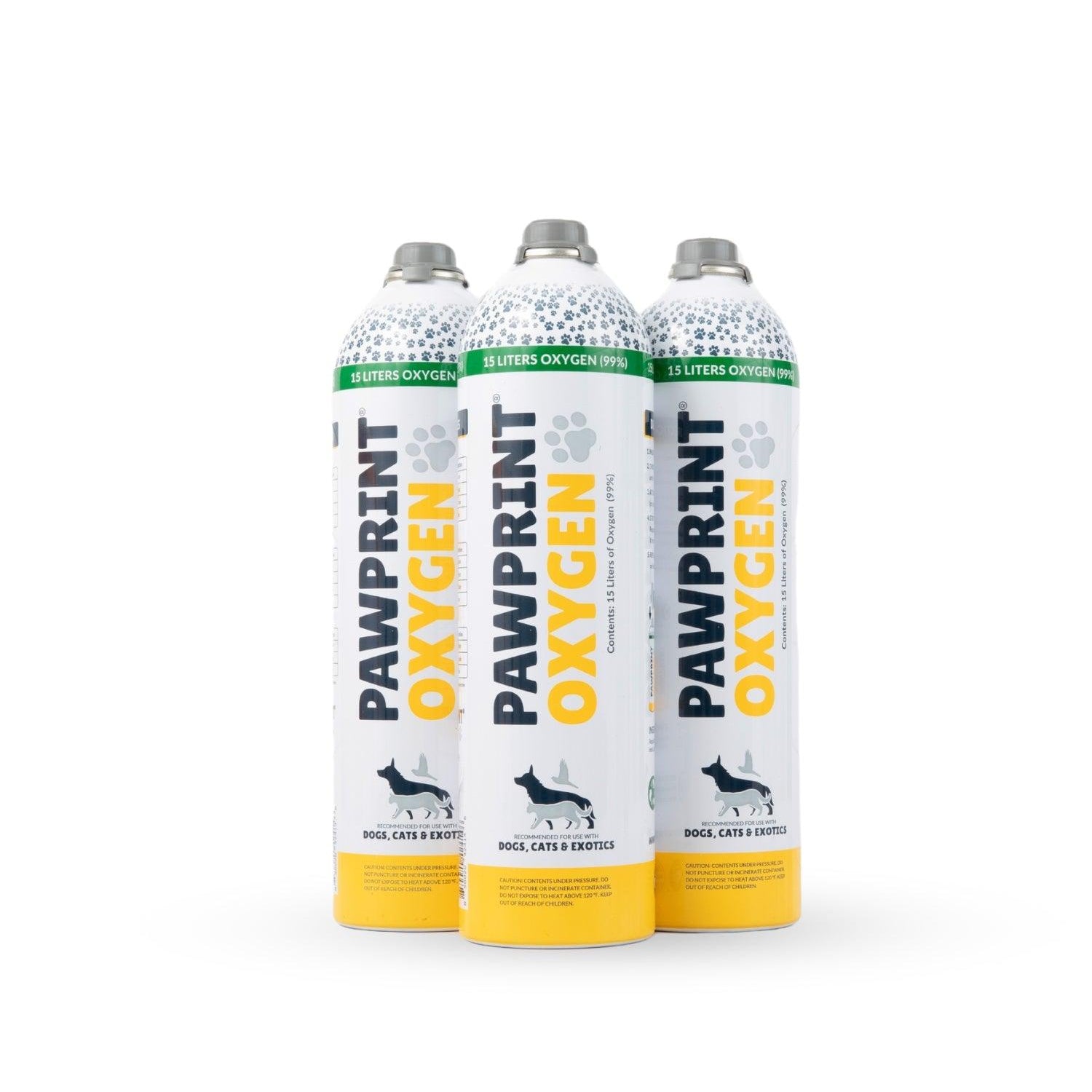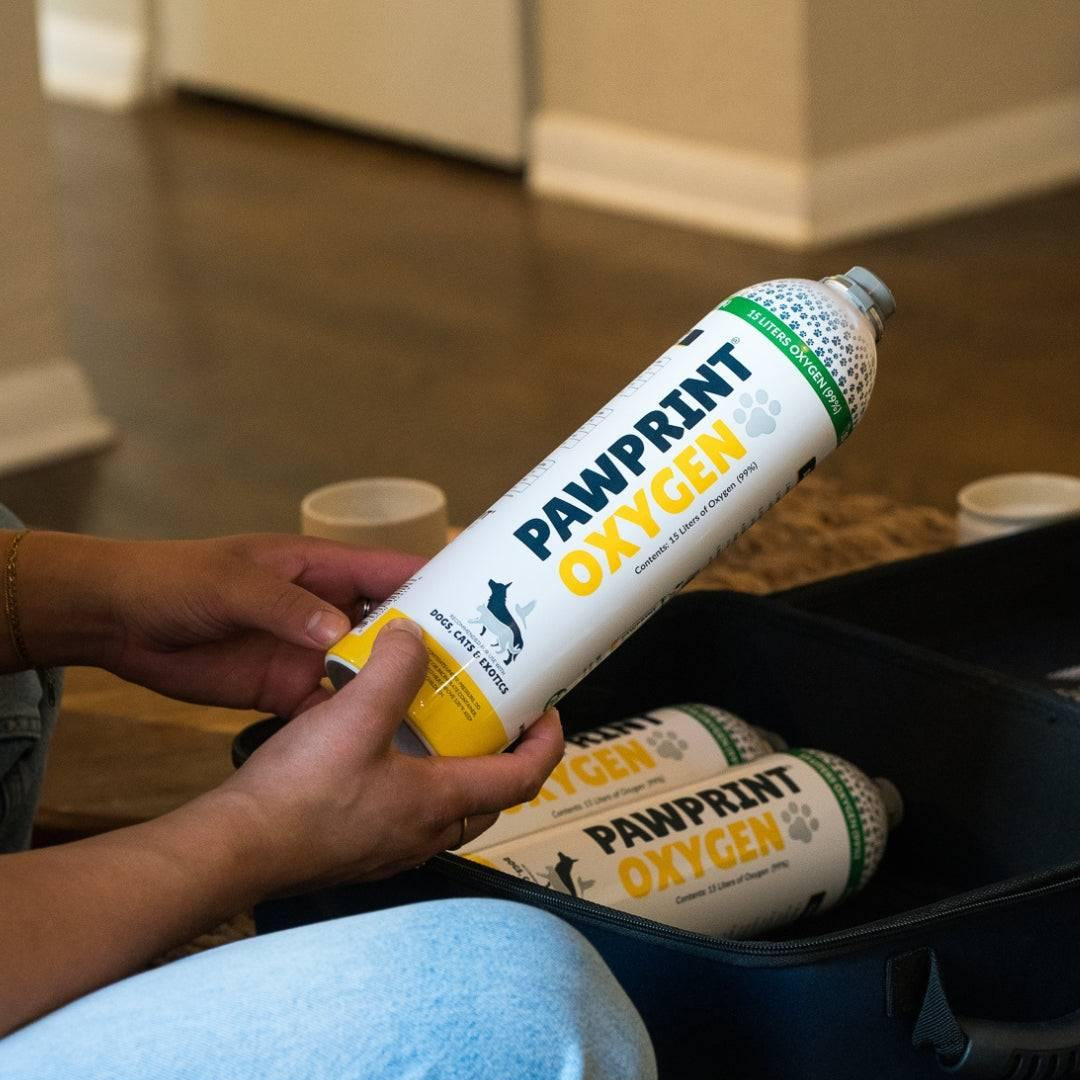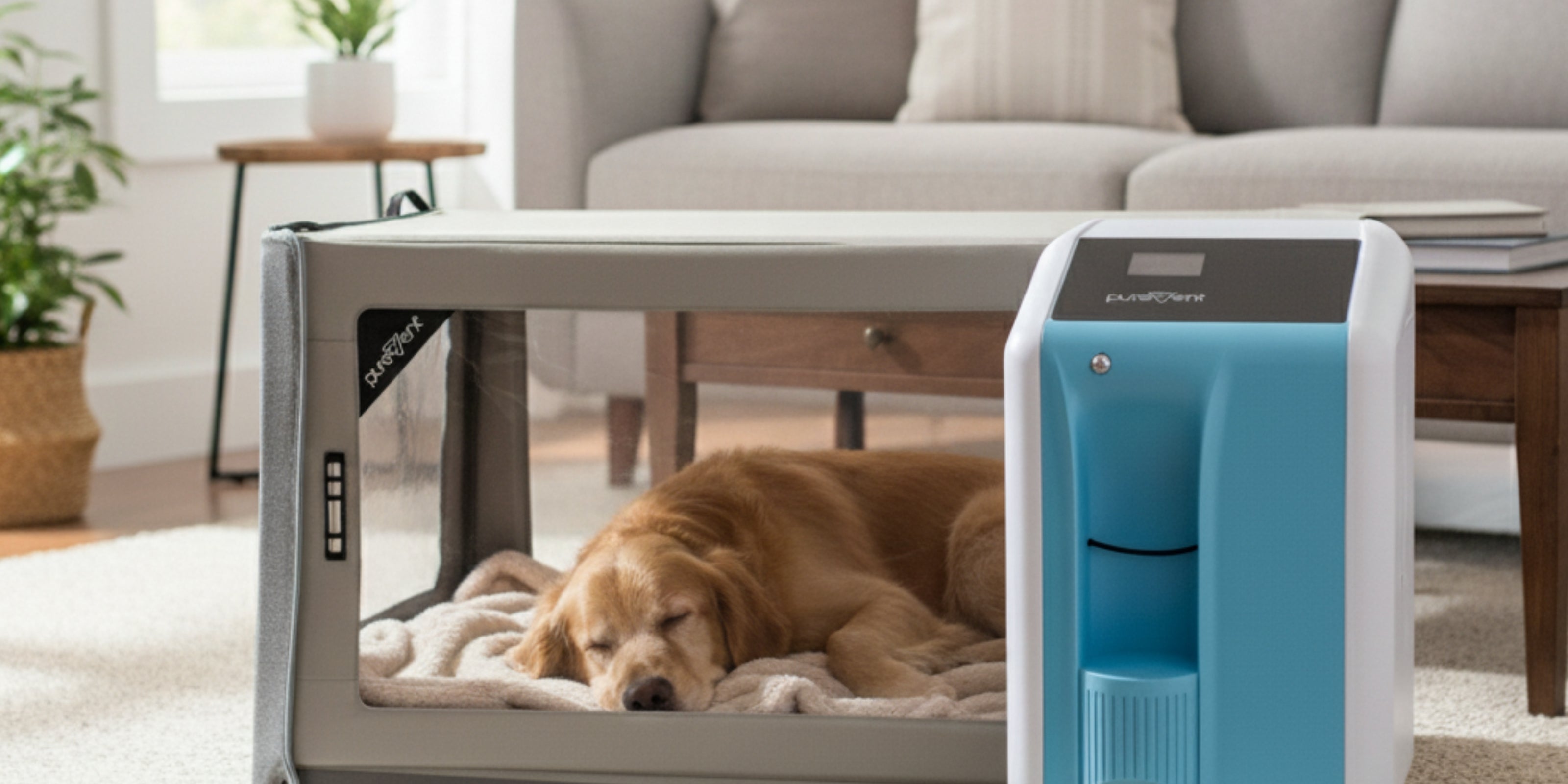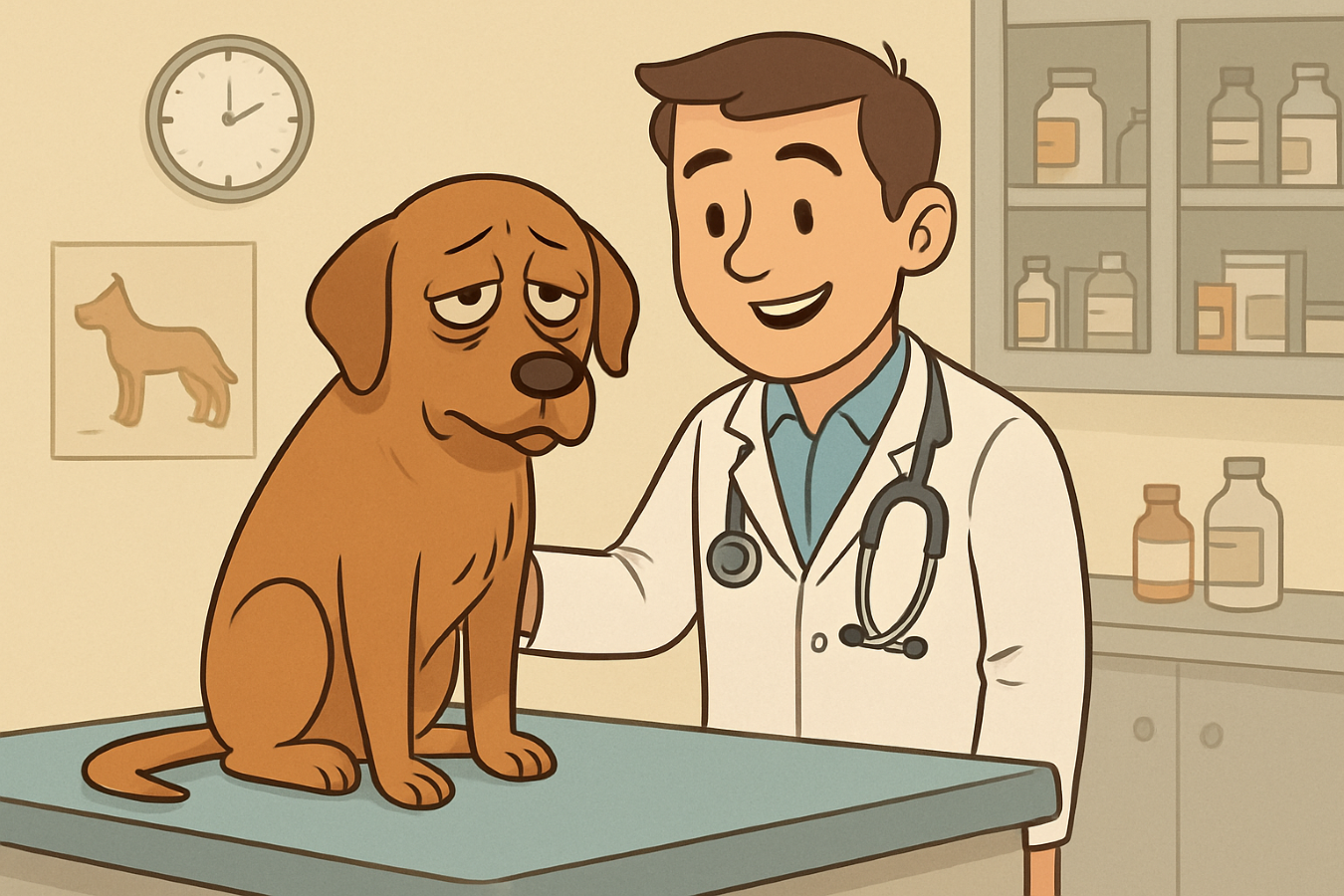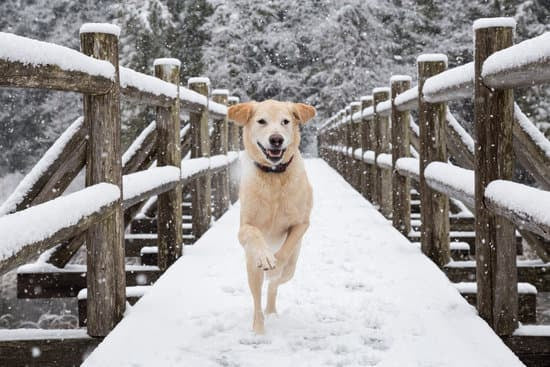Pets are an essential part of our lives and families. They bring us joy, love, and companionship, and it's only right that we do the same for them, especially when they age or fall ill. Just like humans, elderly and debilitated pets require extra care and attention to keep them comfortable, happy, and healthy. If you want to enhance your elderly pet’s quality of life, there are many things you can do to help.
What Can I do to help my elderly pet?
Provide a Comfortable Living Space for Elderly Pets
One of the most important things to consider when caring for an elderly pet is their living space. It's essential to ensure that your pet has a comfortable and safe space, especially if they're unable to move around freely. You can achieve this by providing comfortable bedding, placing their food and water within reach, keeping the area clean and free from hazards and properly regulating the temperature for elderly pet's are important.
Research points to animals feeling safer and less-stressed in a cage or kennel - "a place to call their own". Carve out a spot for your elderly pet in the house to place a crate, favorite blanket and toy so that they also have their spot in the house to go to and lay their head at night.

Offer Proper Nutrition for Elderly Pets
As pets age, their nutritional requirements change, which is why it's essential to provide them with the right food to meet their needs. A balanced diet rich in nutrients such as protein, vitamins, and minerals can promote good health, keep them active, and prevent common health issues such as obesity, dental problems, and malnutrition.
One of the primary reasons proper nutrition is essential for elderly pets is to maintain a healthy weight. As pets age, their metabolism tends to slow down, and they may become less active. This combination can lead to weight gain and obesity, which can exacerbate conditions such as arthritis, diabetes, and heart disease. A diet tailored to the needs of senior pets can help manage their weight by providing appropriate caloric intake and promoting lean body mass.
Additionally, aging pets often experience changes in their digestive system. They may have a reduced ability to absorb nutrients or a decreased tolerance for certain ingredients. High-quality, easily digestible food formulated for elderly pets can improve nutrient absorption and reduce gastrointestinal issues, ensuring they get the essential vitamins and minerals needed to stay healthy.
You can consult with your veterinarian for tips on feeding elderly pet's and to determine the best diet for your pet.
Provide Regular Exercise and Playtime for Elderly Pets
Elderly pets may have reduced mobility due to health issues such as arthritis or other joint problems. However, it's still essential to keep them active and engage their minds to prevent boredom, depression and maintain overall health. You can achieve this by providing low-impact exercise such as short walks, playing with toys or indoor games that stimulate their senses.
Consistency is the most important in this equation. Just like humans, about 30 minutes a day is recommended to keep pets sharp, active, and reduces stress!
Consider Having a First Aid Kit and Pet Oxygen on Hand for your Elderly Pet
As our pet's age they're often increasingly vulnerable to health-related incidents. Keeping a first aid kit in your house or car can set you up for success in any situation.
Oxygen is essential for any living creature, and pets are no exception. Elderly and debilitated pets may have a harder time breathing than their younger counterparts, which is where pet oxygen comes in. Pet oxygen can support pets with respiratory issues such as asthma, pneumonia and chronic obstructive pulmonary disease (COPD). It's always wise to keep a pet oxygen canister on hand in case of emergencies, as it could make all the difference for your furry family member. If interested in having pet oxygen on hand for your beloved pet, shop pet oxygen kits today.
Ensure Regular Vet Visits for Elderly Pets
As pets age, their health needs and risks evolve, making regular veterinary visits crucial for maintaining their well-being and quality of life. Elderly pets are more susceptible to a range of health issues, including arthritis, dental disease, kidney and liver problems, heart disease, and cancer. These conditions often develop gradually and can go unnoticed until they become severe, which is why routine check-ups are essential.
During regular vet visits, veterinarians can conduct thorough examinations and perform necessary tests to detect early signs of illness. Early detection allows for timely intervention, which can significantly improve the effectiveness of treatments and slow the progression of diseases. For instance, identifying arthritis in its early stages can lead to more effective pain management and mobility support, greatly enhancing the pet's quality of life.
Moreover, regular vet visits enable the monitoring of chronic conditions that are common in elderly pets. Consistent check-ups help ensure that any medications or treatments are working effectively and allow for adjustments based on the pet’s current health status. This proactive approach can prevent complications and ensure that the pet remains as healthy and comfortable as possible.
Caring for an elderly or debilitated pet requires love, patience, and dedication. By ensuring that they have a comfortable living space, proper nutrition, regular exercise and playtime, pet oxygen on hand, and regular veterinarian check-ups, you'll be able to provide the best possible care for your furry friend in their golden years.

Remember, our pets rely on us to provide them with the care and attention that they need, especially in their old age.
By following these tips, you can enhance your elderly pet's quality of life and show them how much they mean to you.
Ensuring A Happy, Comfortable Life for Our Elderly Pets
As our beloved pets age, their needs change, and it becomes increasingly important to adapt our care to ensure they continue to live happy, comfortable, and fulfilling lives. By focusing on the key areas of nutrition, exercise, mental stimulation, regular veterinary care, and creating a supportive home environment, we can significantly enhance the quality of life for our elderly pets. These proactive steps not only address their physical health but also support their emotional well-being, helping them to navigate the challenges of aging with grace and comfort.
Pawsitive aging is all about celebrating the golden years of our pets by giving them the love, attention, and care they deserve. By staying attentive to their needs and making necessary adjustments, we can provide them with a life that is rich in joy and companionship. Remember, the bond we share with our pets grows stronger with time, and the effort we put into their care is a testament to the gratitude and love we have for the many years of loyalty and affection they have given us.
Thank you for joining us on this journey to improve the lives of our senior pets. Your dedication to their well-being is a beautiful expression of the deep bond you share, ensuring that their twilight years are filled with comfort, happiness, and pawsitive aging.
